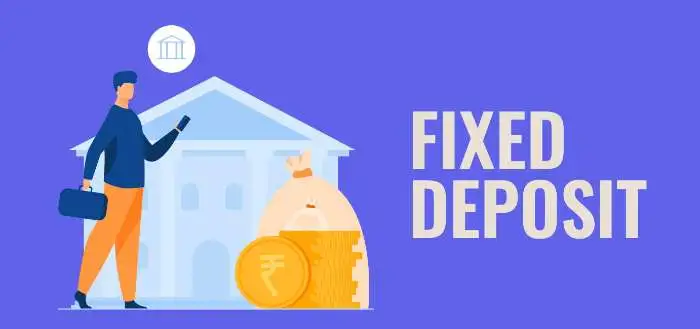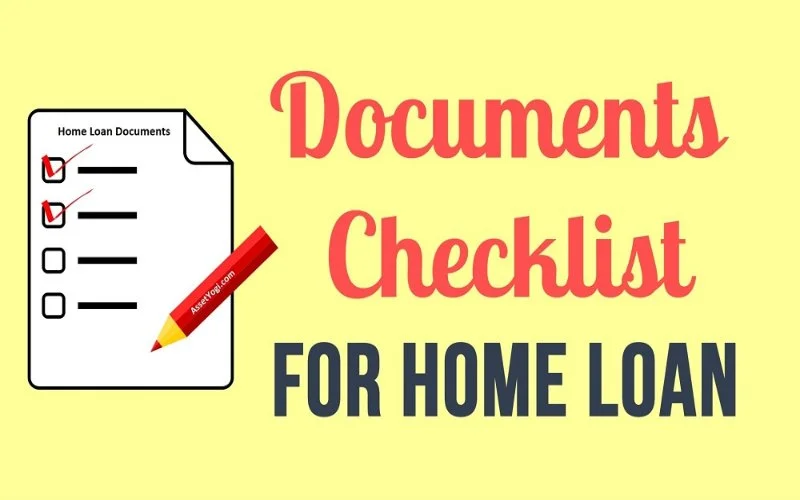Your typical commercial mortgage is different from a domestic loan. A commercial mortgage can offer a lot for a lender, so it is worth investigating. Naturally, there are advantages and disadvantages to a commercial mortgage, so it is important to pick your course of action carefully.
Renting Property or Owner-Occupier Mortgage?
Generally speaking, you’ll have two different options available to you – renting a business premises or getting an owner-occupier mortgage. Both choices have their strengths and weaknesses so picking what works for you is key.
The advantages of choosing an owner-occupier mortgage can include the following:
- The monthly repayments you’d make on a mortgage are usually similar to what you’d pay in rent – neither is more expensive than the other.
- By being able to budget for monthly mortgage payments, you avoid rent increases.
- You can sublet the space to make more rent with lender permission.
- All interest on a commercial mortgage is tax-deductible.
There are things to consider when looking at renting or a commercial mortgage:
- You will need between 25 to 40% of the mortgage for a deposit.
- Selling a property usually takes longer than ending a rental agreement.
- You will be responsible for repairs and maintenance.
- Your property value fluctuates with the market.
Business Loans or Commercial Mortgages?
Depending on the circumstances, a business loan is a viable alternative to a commercial mortgage.
If you need to borrow less than £25,000 for the loan, then a mortgage isn’t always best. If you expect you can pay the whole mortgage off in just a few years, then you should also consider a loan. Generally, mortgages are best used for long-term plans.
Is a Commercial Mortgage More Expensive Than a Business Loan?
Ultimately, this is decided by how much money you intend to borrow, as well as how long you’re borrowing for. You have a fair few options available as a business like getting an unsecured business loan, which is matched against an asset or property. This enables you to borrow more than the typical £25,000 limit.
Remortgaging vs Commercial Loans
Another option which you do have available is the option to take out a commercial loan. There are a few criteria to consider when applying for an application, including the following:
- Your profits as a business.
- Your credit rating – both as a business where applicable and that of the owner/CEO.
- Your trading history as evidence of profitability.
What About a Buy to Let?
If you’re an investor or a landlord, then you will need to decide whether you want a residential mortgage under the buy to let scheme, or picking a normal commercial mortgage. The deciding factor will be the tenants you have.
If you’re going to lease to normal people, then you need a BTL mortgage, whereas if you are leasing to a business, you need a commercial mortgage.
Understanding Interest Rates
The interest rates you get on a commercial mortgage brokers will be higher than the rates on a residential mortgage. With that being said, it is a vastly different process for each one, and the risk assessment for both will be unique.
What you will often find is that commercial mortgages and lending are more expensive than a domestic mortgage because the risk to the lender is higher. The risk profile of your business will greatly influence the interest rates you can get.
Risk profiles are arguably the most important criteria for deciding on whether or not to approve a loan, and they can be decided by a number of different criteria, including the following:
- Your loan to value ratio and what you’re borrowing at. Typically, you’ll be asked to put down a deposit of 25-40% for your mortgage, and the more you can offer, as well as the lower the LTV ratio you can get, the better your rates will be.
- The credit history of your business will influence your loan, as well as the credit score for founders and owners of the company. It all makes a difference.
- The trading experience of your company will make a difference to your loan. If you have a proven trading record and evidence of success, your application will be less risky overall.
The profitability of your business will make a difference to the loan you can get. From your profits, lenders will be able to judge whether or not you will be able to make loan repayments.















